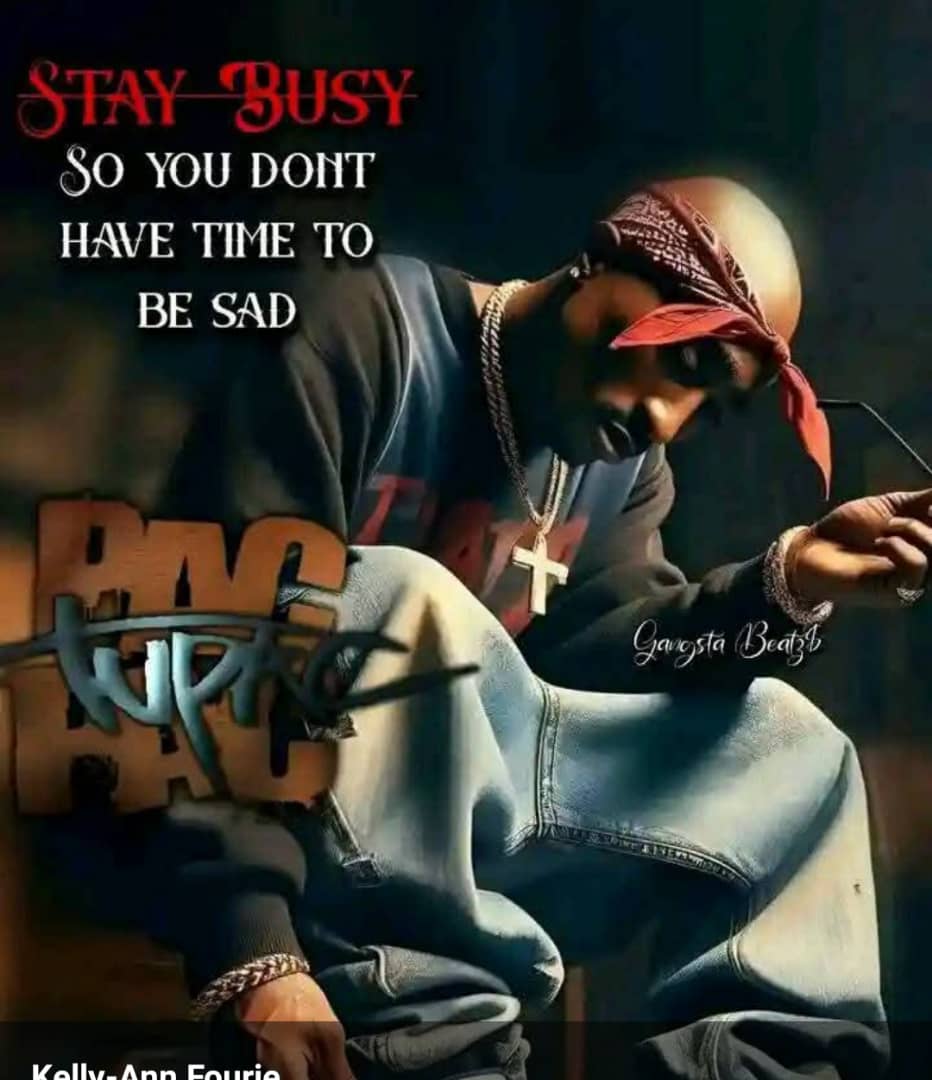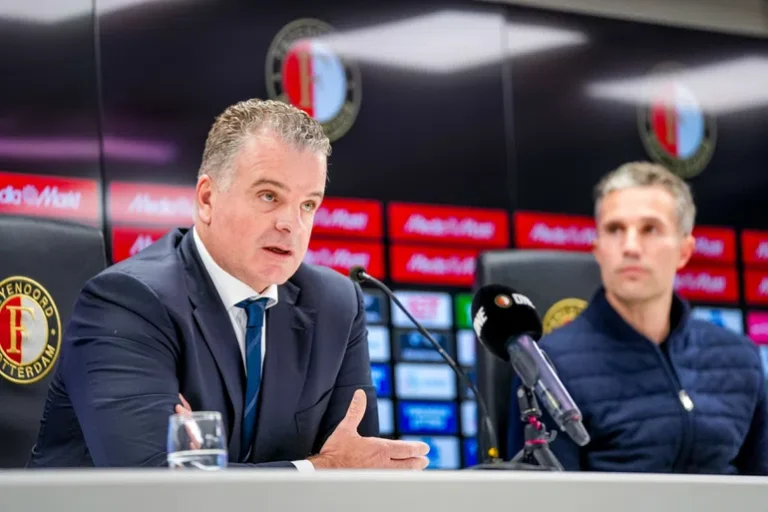
More than two decades after his untimely death, Tupac Amaru Shakur—better known to the world as 2Pac—remains one of the most influential cultural figures of our time. His words continue to echo in the hearts and minds of young people across the globe. From the gritty streets of inner cities to classrooms, protests, and social media feeds, Tupac’s message to the youth remains as urgent and powerful as ever.
A Messenger Born from Struggle
Born in 1971 to a Black Panther activist, 2Pac was no stranger to the hardships of life. Raised in poverty, surrounded by violence, and constantly navigating the challenges of being a young Black man in America, Tupac turned his pain into poetry. His music became a weapon of truth, challenging the status quo and exposing the systemic issues that plagued marginalized communities—racism, police brutality, economic inequality, and the school-to-prison pipeline.
But he didn’t just speak about problems—he called for transformation.
In songs like “Keep Ya Head Up,” “Brenda’s Got a Baby,” and “Changes,” he spoke directly to the youth, especially young Black men and women, urging them to love themselves, protect each other, and dream beyond their circumstances.
> “You gotta make a change. It’s time for us as a people to start makin’ some changes. Let’s change the way we eat, let’s change the way we live, and let’s change the way we treat each other.” — 2Pac, “Changes”
The Spark that Ignites the Fire
Tupac once famously said, “I’m not saying I’m gonna change the world, but I guarantee that I will spark the brain that will change the world.” That spark continues to light fires in the souls of the youth today. His raw honesty, fearless courage, and deep compassion resonate in a generation still battling many of the same struggles he rapped about in the 1990s.
Tupac’s words are studied in universities, quoted in movements, and tattooed on skin. Young people see themselves in him—not just in his pain, but in his passion and defiance. He made it okay to be vulnerable and strong at the same time. He showed that even in darkness, there’s power in using your voice.
A Legacy Too Loud to Silence
Tupac died at just 25 years old, yet his message has outlived many who tried to silence him. His words are resurrected every time a young person picks up a pen, steps up to a mic, or stands up against injustice. In an era where youth activism is growing—from Black Lives Matter to movements for education, climate justice, and mental health—Tupac’s message remains a guiding force.
Even today, young artists, poets, and leaders cite him as an influence. His ability to speak truth without fear, to mix street wisdom with intellectual depth, makes him timeless.
His message to the youth was clear: “You are not powerless. You matter. Your voice counts. And no matter what the world says, you are worthy of love, dignity, and respect.”
A Must-Dead That Lives
Some might say Tupac is a “must-dead”—someone who had to die for their message to reach full power. But if death was supposed to silence him, it failed. His voice is louder now than ever, carried by millions who carry his legacy in their hearts. Tupac Shakur lives not just in memory, but in movement. He lives in the fight for freedom, in the pursuit of justice, and in every young person who dares to rise, speak, and create change.






